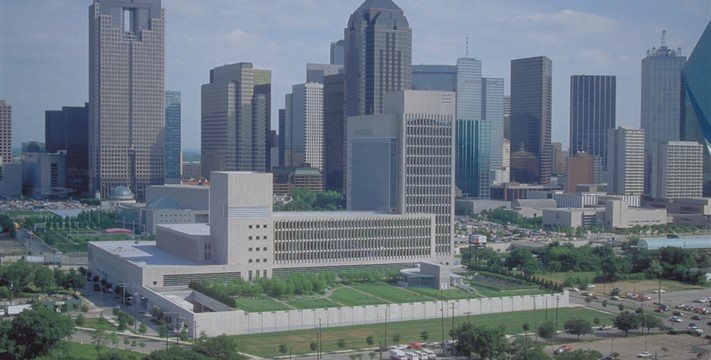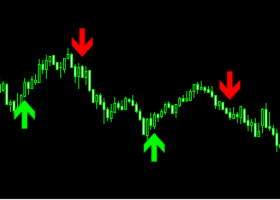
VIDEO LESSON - What Traders Need to Know About The Structure of The Fed
The Federal Reserve has many responsibilities which include regulating banking activity, playing a major role in operating the nation's payments system, and maintaining the stability of the financial system. The role that is most important to us as traders and therefore the role in which we will concentrate on in our lessons, is its role in conducting the nation's monetary policy.
While the Fed's objectives are set by law, its day to day activities are
not subject to government approval. This is an important point to
understand as it means that unlike Fiscal Policy, which must be approved
by both Congress and the President, monetary policy can be enacted as
the Fed pleases. This gives the Fed much more control over the economy
at least in the short term, and is the reason why some people consider
the chairman of the Federal Reserve to be more powerful than even the
President.
There are many interesting details about The Fed and
its structure that I encourage everyone to explore, however the primary
components which move markets, and are therefore the ones that we will
focus on, are:
1. The Board of Governors: Located in Washington
DC the Board of Governors is at the top of The Fed's food chain. It is
made up of 7 members who are appointed by the president and confirmed by
the Senate. To help keep The Fed from being influenced by political
factors, 5 of the Fed Governors are appointed to staggered 14 Year
terms. The Chairman and the Vice Chairman are appointed to 4 year terms
and can be reappointed should the President wish to have them.
2.
The Regional Federal Reserve Banks: This is a network which includes
the 12 regional Federal Reserve Banks, and 25 Branches. As most of you
already know, different areas of the United States are comprised of
different industries. As an example the New York area economy is
influenced heavily by what is going on in financial services, while the
San Francisco area economy is influenced heavily by what is happening in
the technology sector. As this is the case, each of the regional
banks are strategically located throughout the country so that the can
stay abreast of current economic conditions in each area.


